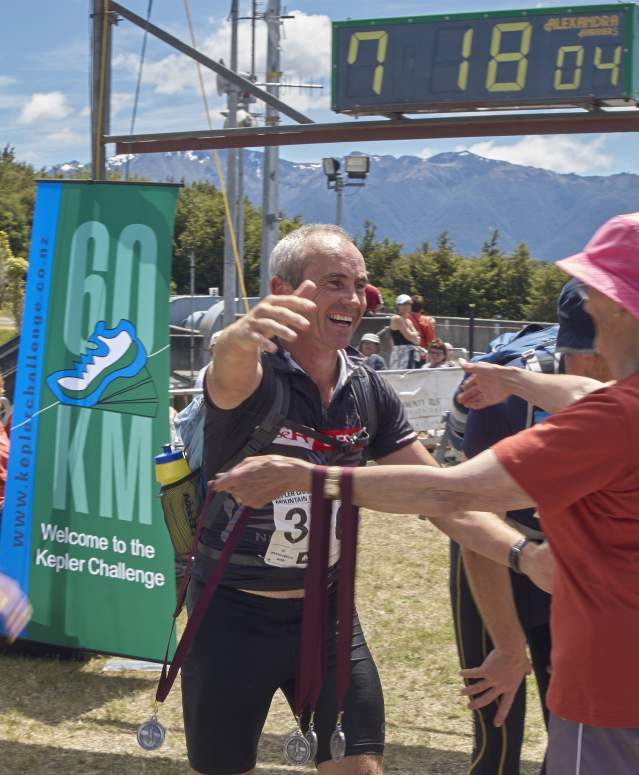Event Evaluation
Time to look back and review how your event went
Here are some ideas around how to meet to discuss and evaluate the many aspects of the event, including the planning stages, event debrief and customer feedback.
This Page Is Currently Under Development
Reviewing the success of your event
Event debrief
After an event or festival, it is highly recommended that all involved meet to discuss and evaluate the many aspects of the event, including the planning stages as well as the event day/s. Event organiser’s, committee members, key stakeholders, event staff and volunteers, security, contractors, vendors and entertainers should all be given the opportunity to debrief and evaluate the event, even if they choose to send a representative from the group. The success of the next event can be markedly improved when recommendations and suggestions for improvement are considered.
Customer feedback
Feedback is invaluable and can be achieved through a survey form or questionnaire given out on event day or following the event. Through this feedback, you are able to better define who attended your event so target audiences can be better understood and better-targeted for your next event.
From your event debrief you will have raised ideas for how to improve the event for the next time and worked out what you need to know from the customers; an online survey is a good tool to find out how the customers will feel about your ideas as well as find out about what ideas they have of their own.
Consider using survey incentives
Encourage survey responses by offering something in return. For example, customers who complete the survey within a time-frame could go in the draw to win a voucher, receive a discount at a shop, or win tickets to the next event. You could have your incentive paid for by a sponsor (if BP was a sponsor, the prize could be $50 fuel card), or you could allocate tickets in the budget for the next event.
Effective questioning
By asking effective questions you will be more likely to get reliable responses so you can reach your goal.
- Start with a list of all ideas and activities you need answers for, and work out how you can ask questions that will help you get the answers.
- Give attendees the chance to answer fully by ensuring that they have an opportunity to articulate why they did or didn’t feel a certain way. For example, ask a follow-up question with an open-text response asking why they answered the way they did.
- Have a range of responses so nobody feels forced into an answer that doesn’t accurately represent their feelings. If it’s possible they don’t know, let that be an answer.
- SurveyMonkey offers Tips for Writing Good Survey Questions which might help you get the answers you need.







